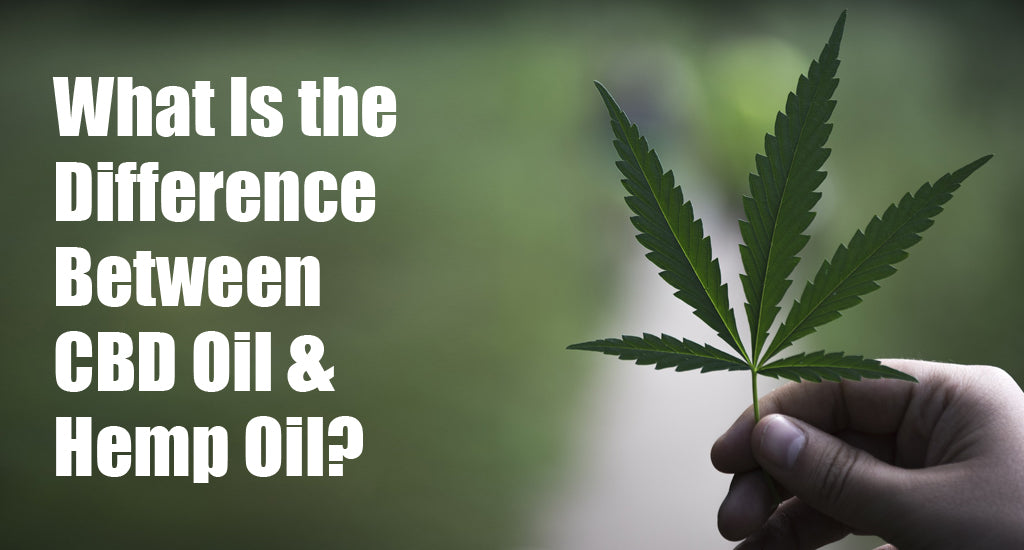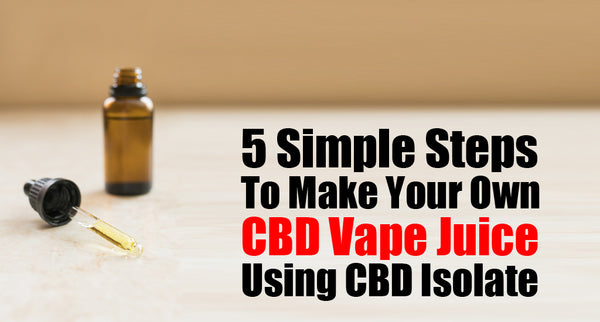
What is the difference between CBD oil and hemp oil?
In our increasingly vegan-friendly society, hemp extracts have become incredibly versatile and readily available. The passage of the U.S. Farm Bill in 2018 has further fueled the growth of hemp-derived products, and we can expect to see an even greater abundance of these products in the next five years.
However, despite their popularity, there remains a significant dearth of accurate information regarding CBD and its distinctions from regular hemp oil.
So what exactly are cannabinoids?
The cannabis plant has a unique classification of compounds known generally as cannabinoids. Among these compounds are CBD and THC, the most commonly known cannabinoids. We should point out that cannabis plants contain more than a hundred different cannabinoids, and each one of them can contribute to creating medicinal value to the body, and here’s why this matters:
- A 1995 study found that cannabinoids interact with the human Endocannabinoid System to generate all sorts of health benefits to the body.
- After years of study, researchers finally understood that individual cannabinoids can cause different effects in the body.
- THC is the only compound that causes a high, but all the cannabinoids have the capacity to generate therapeutic effects.
- CBD does not cause a high, but delivers a series of effects that promote homeostasis.
- CBD can in fact be used to counter the effects of THC and other drugs. It can also be used to treat opium and nicotine addiction.
- Many various effects are triggered by other cannabinoids like CBG and CBN; and these fall under the category of “cannabinoid spectrum effects”.
Related article: What is the Difference Between CBD and CBN?
As you’ve probably figured out already, the type and number of compounds included in the final hemp extract will determine to a large extent the effects (and usability) of the product when treating specific conditions. To create a cannabidiol product, the compound is extracted from the cannabis plant, using methods such as the CO2 extraction. During extraction, compounds like flavonoids and terpenes can also be extracted.
The strain used in the extraction process will also determine the strength and quality of the cannabidiol content. So for instance, the best source of CBD oil is hemp, which is a strain of cannabis that has been specifically grown to contain as much cannabidiol as possible, while reducing the amount of THC.
What is the difference between CBD oil and hemp oil?
CBD oil and hemp oil are two different products that are derived from the hemp plant, but they have distinct differences in terms of their composition and uses. Here's a breakdown of the differences between CBD oil and hemp oil:
Composition
CBD Oil: CBD (cannabidiol) oil is extracted from the flowers, leaves, and stalks of the hemp plant. It contains high concentrations of CBD, which is a non-intoxicating cannabinoid known for its potential therapeutic properties. CBD oil may also contain other cannabinoids, such as THC (tetrahydrocannabinol), but in most cases, the THC content is very low (0.3% or less) to comply with legal regulations.
Hemp Oil: Hemp oil, also known as hemp seed oil, is extracted from the seeds of the hemp plant. It does not contain CBD or other cannabinoids in significant amounts. Instead, hemp oil is rich in essential fatty acids, such as omega-3 and omega-6, as well as vitamins, minerals, and other beneficial compounds.
Uses
CBD Oil: CBD oil is primarily used for its potential therapeutic benefits. It is commonly used to alleviate various health issues, including pain, inflammation, anxiety, stress, insomnia, and certain seizure disorders. CBD oil is available in various forms, including tinctures, capsules, topicals, and edibles.
Hemp Oil: Hemp oil is often used as a dietary supplement due to its nutritional profile. It contains a good balance of omega-3 and omega-6 fatty acids, which are important for overall health. Hemp oil is also used in skincare products, as it can help moisturize and nourish the skin. Additionally, hemp oil can be used for cooking and as a salad dressing.
Legal Status
CBD Oil: The legality of CBD oil varies depending on the country and its regulations. In some countries, CBD oil derived from hemp is legal as long as it contains a low THC content. However, CBD oil derived from marijuana (cannabis with high THC content) may have stricter regulations or be illegal in some places.
Hemp Oil: Hemp seed oil is generally legal to buy and consume in most countries since it does not contain significant amounts of CBD or THC.
Conclusion
In summary, CBD oil is extracted from the hemp plant and contains high concentrations of CBD, while hemp oil is derived from the hemp plant's seeds and does not contain significant amounts of CBD. CBD oil is primarily used for its potential therapeutic properties, while hemp oil is often used as a nutritional supplement and in skincare products.



